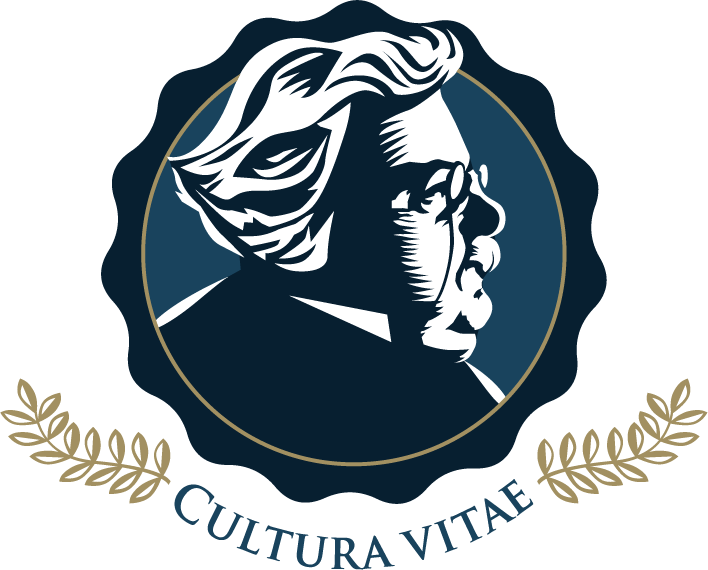Three Pillars of a Chesterton Academy Education: Character
I’ve met a handful of individuals educated in the classical tradition, and they are all characters.
I think it has something to do with this educational philosophy of integration across all disciplines--integration, not in the sense of forcing together inherently disparate subjects, but in the sense of acknowledging and admiring the one-ness of reality reflected in the spectrum of arts and sciences. When I say they’re characters, I mean they seem eclectic but not quite eccentric, intense but not unapproachable, alive to reality in refreshing and unexpected ways, that somehow leave you pondering deeply for days after your conversation with them.
Character in the Curriculum: Socratic Seminar
Now, on its face, such ‘characters’ in the sense of ‘personalities’ are not what is primarily intended by the word Character when Chesterton Schools such as ours refer to the Three Pillars Model of Intellect, Character, and Spirituality. No, here, we mean that the young men and women entrusted to the school are both informed about habits of excellence and formed in those virtues of Prudence, Temperance, Fortitude, and Justice (and the many offspring of these four.) The Chesterton Academy model requires that each young scholar study the virtues from the works of the Western minds that defined them (Plato, Aristotle, Aquinas, and others) and what is more, that they discuss these virtues with peers by way of the Socratic seminar.
These class-time dialogues often naturally result in continued conversations before and after class, with each other, and with the teachers. Students thus form a level of comfort with bringing up and talking through issues of right and wrong in their personal encounters, issues that are often swept aside even by many adults today, whether due to fear of being misunderstood, or even a personal lack of clear understanding. I’m not talking about major political debates. I’m talking about the ‘small stuff’ of everyday life, such as those recurring slights that friends or family unwittingly harm each other with, that fester unaddressed, sometimes for years, and cause relational rifts that could easily be avoided by means of one ‘hard’ conversation.
Character in Action: The House System
Beyond studying virtue and talking about good character, there must be action. One significant arena for this at Chesterton Academy is the House System, wherein the student body is sorted into fourths. Each House includes students from every grade level; this invites opportunities for tangible community wherein friendships of virtue can be built up and good habits can be passed on from class to class.
Within the Houses, students build meaningful relationships through service projects, competitions, celebrations, and prayer. Each House competes annually for the White Horse Cup, which goes to the House with the most points at the end of the year. House Points are awarded, both to Houses and to individuals, in myriad avenues; a student might win a point for holding the door open for others, or ten points for sacrificing time outside of school hours to lead a service project.
Character formation is part and parcel of a Chesterton Academy education. The Greek word “character” (χαρακτήρ) originally had to do with “stamps of wax seals,” other “engraved marks,” or “brands.” Just as a classical education “engraves” a way of thinking into the minds of students, so, too, the students themselves become “stamps” of virtue, steadfast doers of good both during and after their four years here.
Enrollment for Fall 2022 goes live September 1st, 2021. We look forward to admiring the True, the Beautiful, and the Good with you.
Yours in Christ,
Ollie Bockwinkel
Board of Trustees
